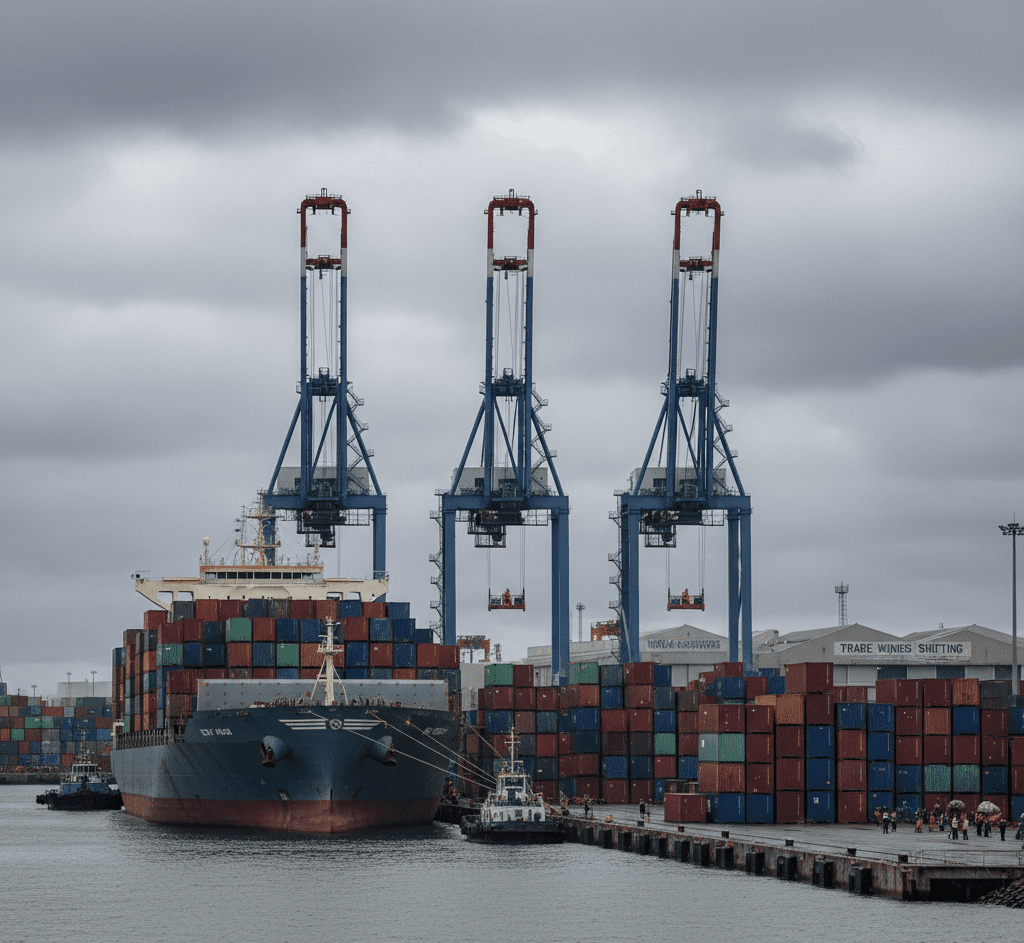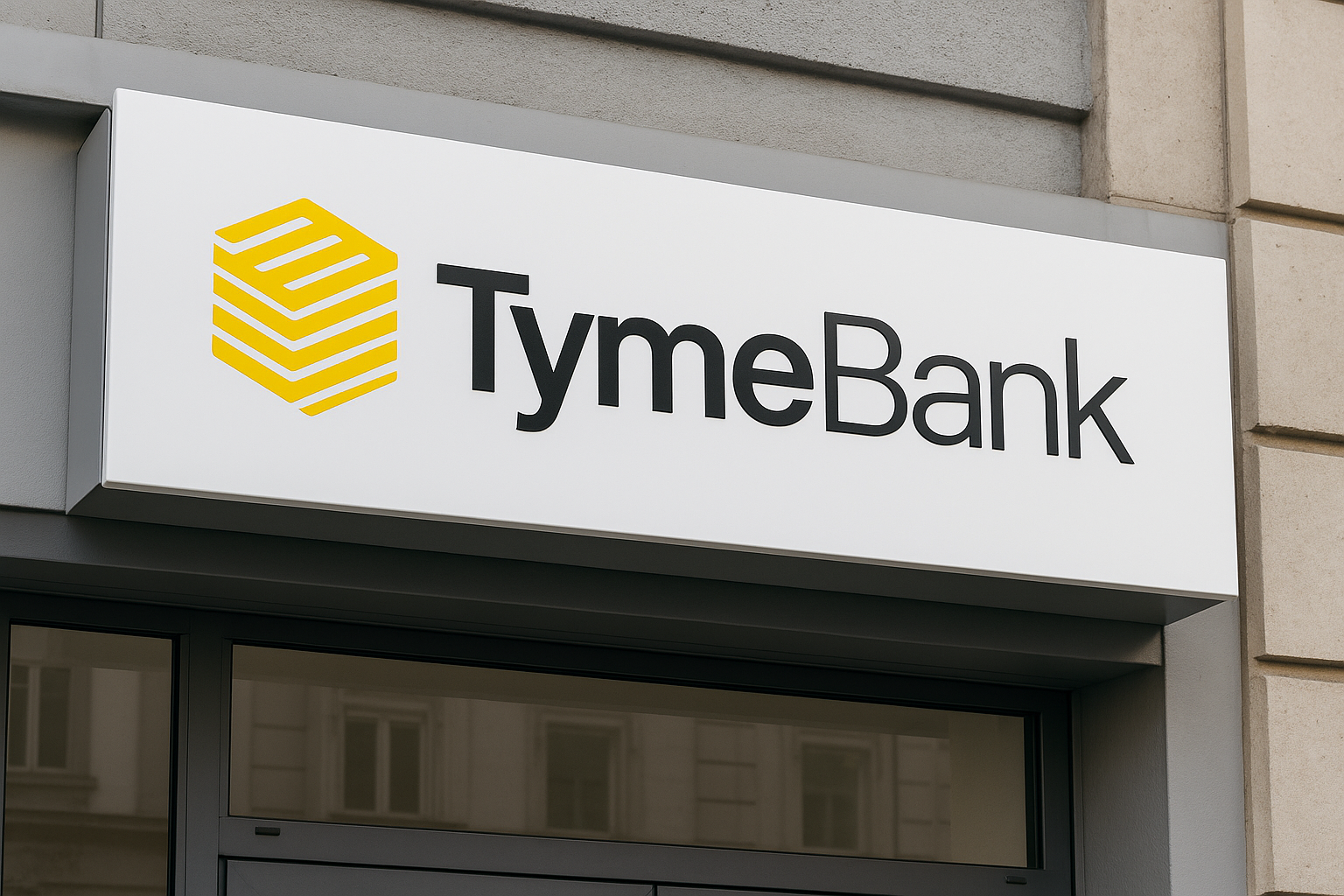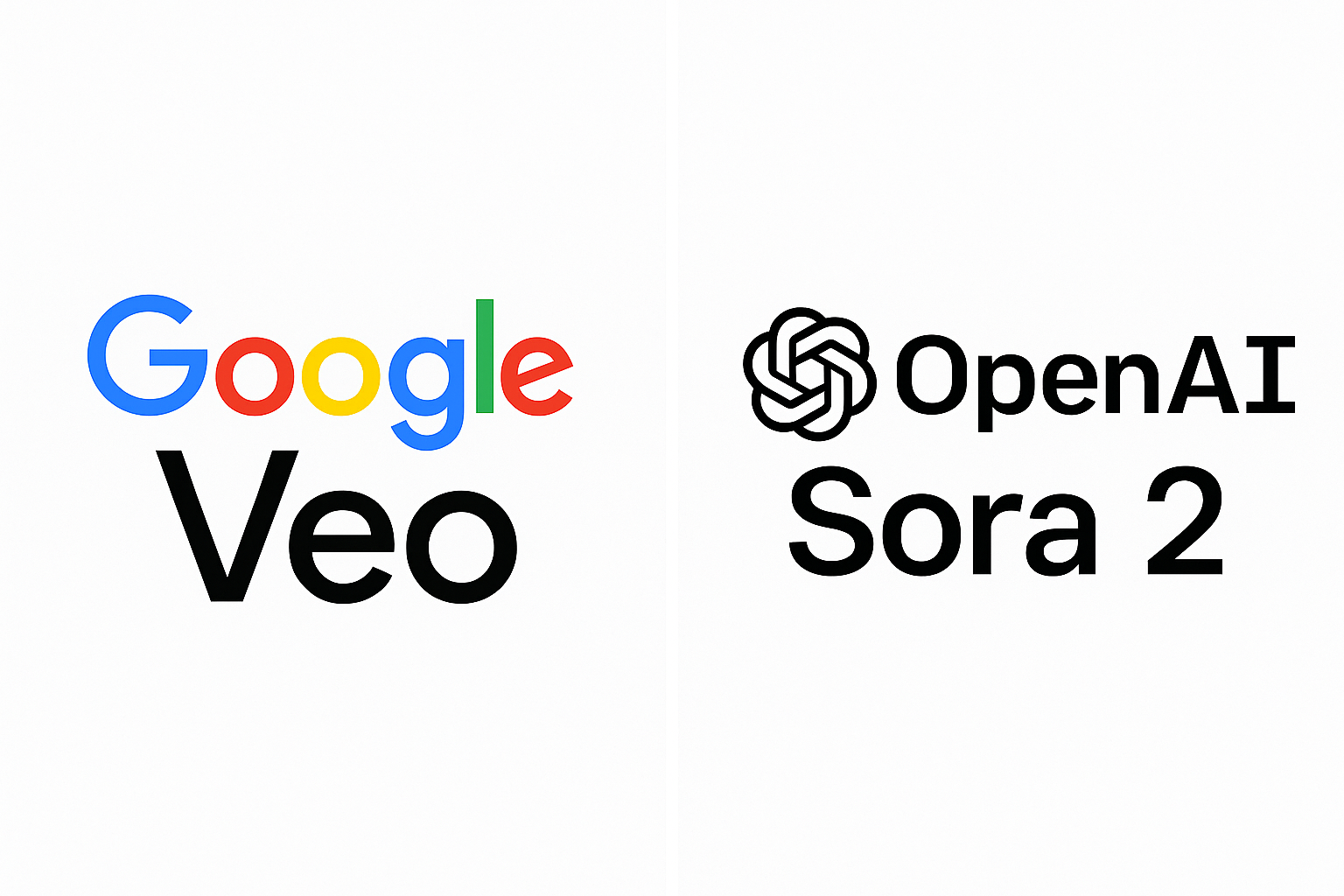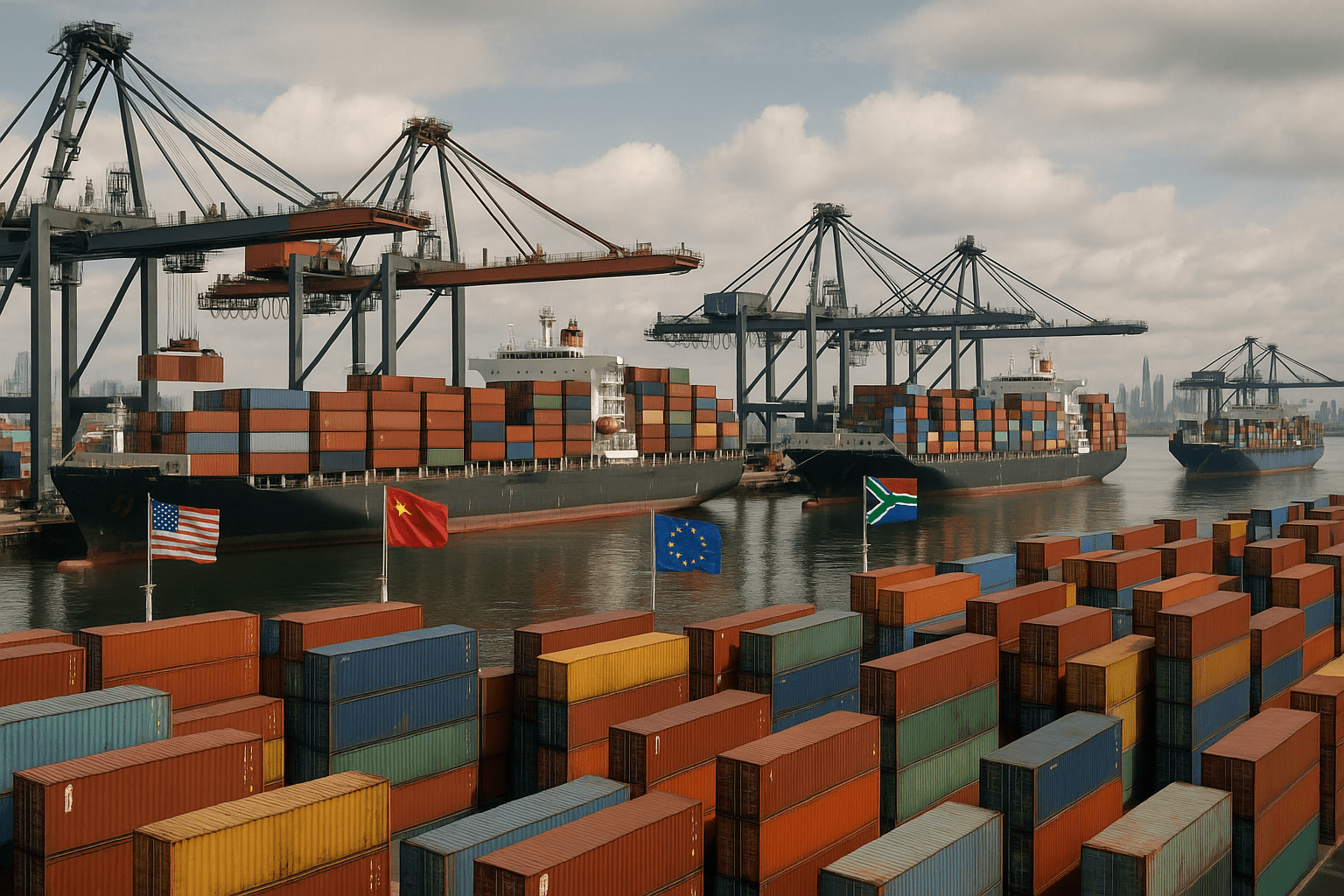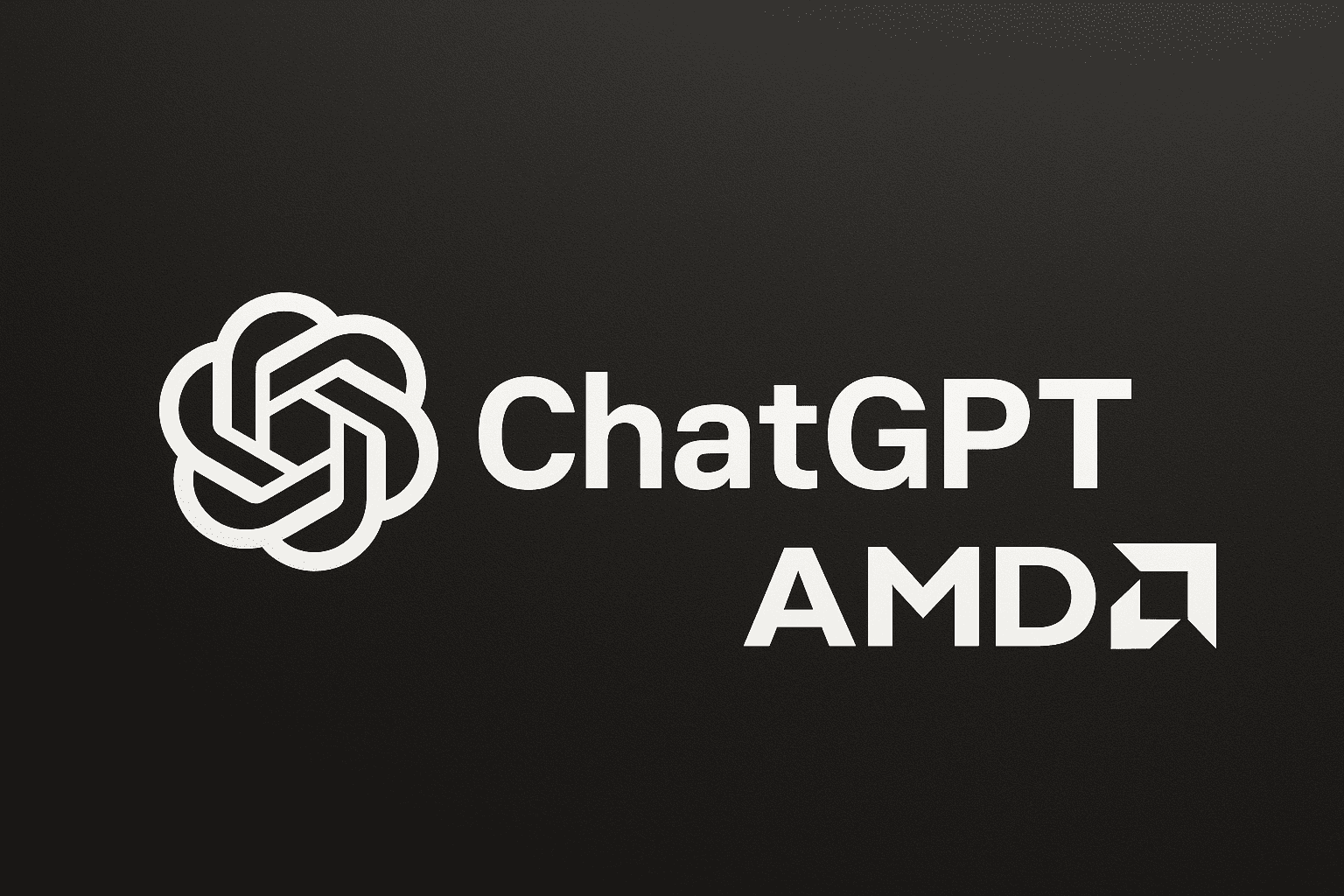What South Africa Needs to Become an AI Superpower in Africa

What South Africa Needs to Become an AI Superpower in Africa
Artificial Intelligence is no longer a distant future. It’s here, profoundly shaping economies, transforming industries, and redefining how countries compete on the global stage. While the United States, China, and Europe currently dominate the global AI landscape, Africa is beginning to carve out its own path – and South Africa sits at a crucial crossroads. With deliberate, coordinated progress, it has the immense potential to become the continent’s leading AI superpower. However, achieving this will demand more than good intentions; it requires strategic action across critical pillars: robust infrastructure, clear policy, inclusive education, accessible data, and robust collaboration.
Addressing AI Infrastructure Challenges
Right now, the single biggest technical hurdle for South Africa’s AI aspirations is its underlying infrastructure. AI systems demand robust computing power, fast internet, and, critically, uninterrupted electricity. This is a significant challenge in any developing economy, but in South Africa, it’s severely magnified by persistent load shedding and uneven digital access.
While major players like AWS and Microsoft have established data centers in Johannesburg and Cape Town – South Africa even boasts four AI-focused data centers (two for training, two for inference), placing it among the top 13 globally by AI compute regions – these benefits largely serve urban corporate customers. The wider national grid, particularly in townships and rural areas, still struggles with poor broadband penetration and unstable energy supply. As of January 2025, South Africa’s internet penetration rate stands at 78.9%, a significant improvement, yet approximately 13.6 million South Africans (21.1% of the population) remain offline, highlighting a persistent digital divide. This uneven access severely limits innovation at the grassroots level and leaves large segments of the country excluded from the burgeoning digital economy. Without substantial, sustained investment in stable energy solutions and truly widespread, affordable internet coverage, AI adoption will remain elite and uneven.
Defining a National AI Policy Roadmap
Beyond infrastructure, South Africa’s policy environment is urgently due for a comprehensive update. Currently, there isn’t a clearly defined, public-facing national AI strategy that effectively guides the country’s efforts. While the Department of Communications and Digital Technologies has drafted an AI policy (launched as a Draft National AI Plan in April 2024 with a target of ZAR70 billion investment by 2030), its implementation has been slow, and awareness within the broader tech sector remains limited.
Meanwhile, countries like Kenya and Rwanda are aggressively moving to define their roles in the future of artificial intelligence, actively developing and implementing their national strategies. South Africa risks being overtaken if it doesn’t act swiftly and decisively. What’s needed is a bold, public-facing, and actionable AI roadmap that aligns government departments, industries, and academic institutions behind a singular, ambitious vision. This strategy must also proactively grapple with pressing ethical concerns – how AI decisions are made, how data is collected and used, and how citizens’ rights and privacy are protected – while simultaneously fostering open experimentation and responsible innovation.
Building an Inclusive AI Education Pipeline
Education is the third critical piece of the puzzle for South Africa’s AI development. The country’s workforce is not yet fully prepared for an AI-driven economy. While some top universities, such as Wits and UCT, have made commendable strides in machine learning and data science research, access to these specialized programs remains limited. Across the broader education system, AI literacy and relevant skills remain virtually absent from curricula. High schools are still catching up with basic coding, and many vocational colleges are not yet equipped to offer future-facing tech skills required by the AI sector.
South Africa faces a significant data scientist talent gap, with an estimated shortfall of between 20,000 and 70,000 tech professionals in 2024, including data scientists. The country urgently needs a stronger, more inclusive pipeline to develop and nurture AI talent. This encompasses aggressively upskilling the current workforce, offering robust digital apprenticeships, significantly funding local AI research initiatives, and ensuring schools in underserved areas are not left behind in the crucial AI literacy push. If young South Africans are to genuinely compete with their global peers, they must be equipped not only with general digital skills but also with a working understanding of how AI is built, deployed, and governed ethically.
Unlocking Data Accessibility and Governance
Closely tied to education and innovation is the vital issue of data access. Artificial intelligence thrives on large amounts of relevant, high-quality local data to learn and function effectively. Unfortunately, South Africa is still grappling with how to make useful public data available without inadvertently violating privacy laws like the Protection of Personal Information Act (POPIA).
In practice, many valuable public datasets remain locked away in silos, often due to bureaucratic inertia, a lack of standardization, or an excessive fear of compliance issues. This means that local startups, researchers, and civic organizations often find themselves attempting to build AI solutions with incomplete, fragmented, or outdated information. If South Africa is to develop impactful homegrown AI solutions – whether in agriculture, healthcare, smart cities, or transport – it must find innovative and responsible ways to open up its data ecosystem. This entails actively encouraging anonymized and aggregated datasets, standardizing how different government departments collect and share information, and fostering a culture of data transparency and innovation that outweighs risk avoidance.
Fostering Cross-Sector Collaboration and Funding
One area where South Africa has shown promising potential is in forming collaborative partnerships. The AI Institute of South Africa (AIISA), a joint initiative between the University of Johannesburg and Tshwane University of Technology (established in 2022 by the DCDT), signals a growing awareness that robust collaboration between government, academia, and industry is absolutely essential. The Centre for Artificial Intelligence Research (CAIR), a research network across nine South African universities, also demonstrates this commitment, having received over R484 million in investment over the past four years for foundational digital capabilities, including AI.
However, more comprehensive and structured collaboration is needed. While large corporates like Discovery and Standard Bank are already experimenting with AI, their efforts often remain internal. Meanwhile, local AI startups, of which South Africa has over 600 (making it a leader in Africa), are frequently starved of the crucial funding, mentorship, and access to markets needed to scale their innovations. What’s missing is a national framework to support these collaborations – perhaps in the form of a dedicated AI-focused innovation fund, strategic accelerators, or public procurement incentives that explicitly favour South African AI solutions. These cross-sector partnerships have the power to dramatically accelerate research and development, expand commercial applications, and ensure that AI innovation doesn’t just happen in isolated pockets but permeates and benefits the broader economy.
South Africa’s AI Imperative: A Path to Superpower Status
Becoming an AI superpower is not just about joining a global tech race for South Africa; it’s a profound practical necessity. AI holds the potential to dramatically improve the delivery of public services, optimize city infrastructure, enhance crime fighting capabilities, revolutionize farming practices, and extend critical healthcare to underserved communities. It could automate routine tasks, allowing human workers to focus on creativity, critical thinking, and higher-value activities. However, all of this is only possible if there is a coherent, sustained national push to integrate AI in a way that is truly inclusive, ethically sound, and economically sustainable.
The country is currently at a tipping point. The technological opportunity is immense, but equally significant is the risk of delay. Without a clear and actionable national strategy, South Africa will continue to see isolated success stories – brilliant startups here, innovative university labs there – but never the kind of coordinated momentum needed to genuinely lead the continent in AI. What’s required now is unwavering political will, bold business leadership, and dedicated academic commitment to treat AI not as a mere buzzword, but as a foundational cornerstone of the country’s future economy.
The global AI race is accelerating, and other African countries are already strategically positioning themselves. South Africa still possesses the foundational elements and the talent to lead – but it must act with urgency, a clear vision, and resolute determination. The opportunity is undeniable. Now, it’s time to build the roadmap and ignite the collective drive to follow it.

